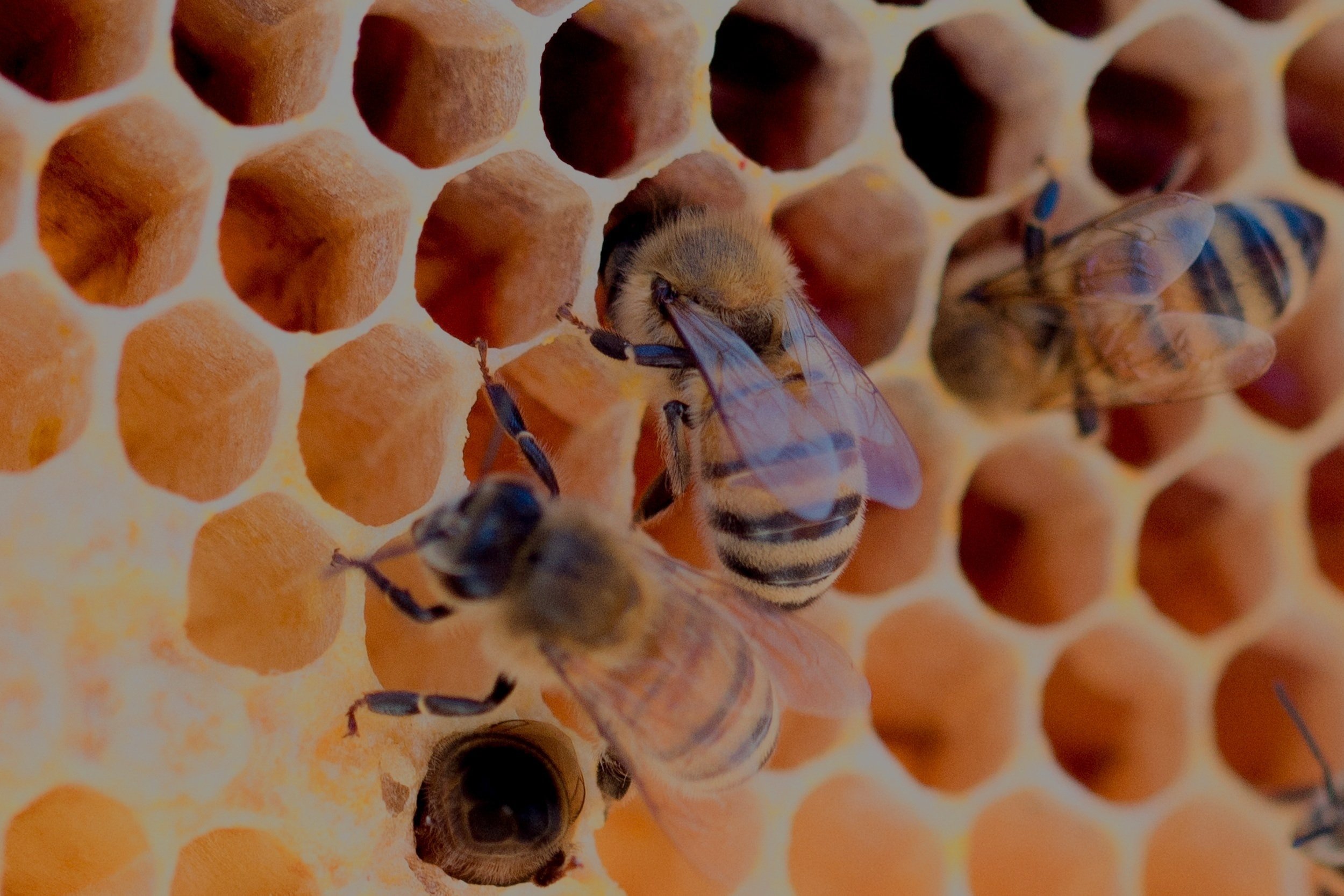
Bald Mountain
Apiary

Hardy, Mountain Honeybees & Beekeeping Training
West of Whitehall, Montana 🐝
Meet Scott Steinfeldt, Master Beekeeper, and honeybee lover.
Hi there! My wife and I live in the mountains between Butte and Whitehall. It's a wonderful place to live with tons of recreational opportunities. Best of all, it is a playground for honeybees.
Our bees forage on mountain wildflowers, brush and shrubs, and trees native to our area. Our bees are hardy and have adapted to our climate and foraging resources. Because of where we, live our bees are free from the diseases and pests commonly found in other be foraging areas.
Connect with us on Facebook to stay up to date on all things apiary!

Queen Bees for Sale
-
Bald Mountain Apiary has raised survivor queens from our hybrid stocks of Italian and New World Carniolan Queens. Our focus has been on hardiness, temperament, disease and pest resistance, hygiene, rapid spring buildup, and honey production. With these genetics, your colony has the best chance of survival when faced with challenging conditions.
-
SORRY, WE ARE SOLD OUT OF NUCS FOR THE 2024 SEASON!
While there are several ways to begin a beekeeping journey or replace and grow a bee yard, nucleus colonies are the most reliable method. A nucleus frame is simply a smaller active beehive. Our five-frame nucleus colonies have a laying Queen, 2 to 3 frames of brood in all stages, and honey/pollen frames. The Queen is from our survivor stock and has all the traits we Breed for. These little colonies have to be tough to survival Montana winter!
As a Master Bee Keeper, I have training in:
• Bee anatomy and physiology
• Colony dynamics
• Laws, regulations, and rules,
• Honeybee diseases and pests
• Honey extraction
• Honeybee equipment and tools
• Queen production
• Anatomy of flowers, pollination, and honey products
• Marketing and labeling
• Reviewing scientific literature
• The principles and craft of research
• Bee reproductive biology
• Bee genetics and races
• Pheromones
• Honeybee nutrition

The Many
Benefits of Bees
On a global basis, Pollinators are responsible for pollinating more than 1200 crops. 80% of the leading food groups depend on pollinators. It is estimated that each year pollinators add $217 billion to the world economy and $24 billion to the US economy. Also, considering the indirect products of plants such as Alfalfa for beef and milk production, the economic effect of pollinators in the United States would increase to $40 billion.
Honeybees are considered the most numerous and efficient pollinator species in the world. Honeybees are the most used pollinator by commercial growers in the United States. They pollinate over 100 crops, such as almonds, each year.
